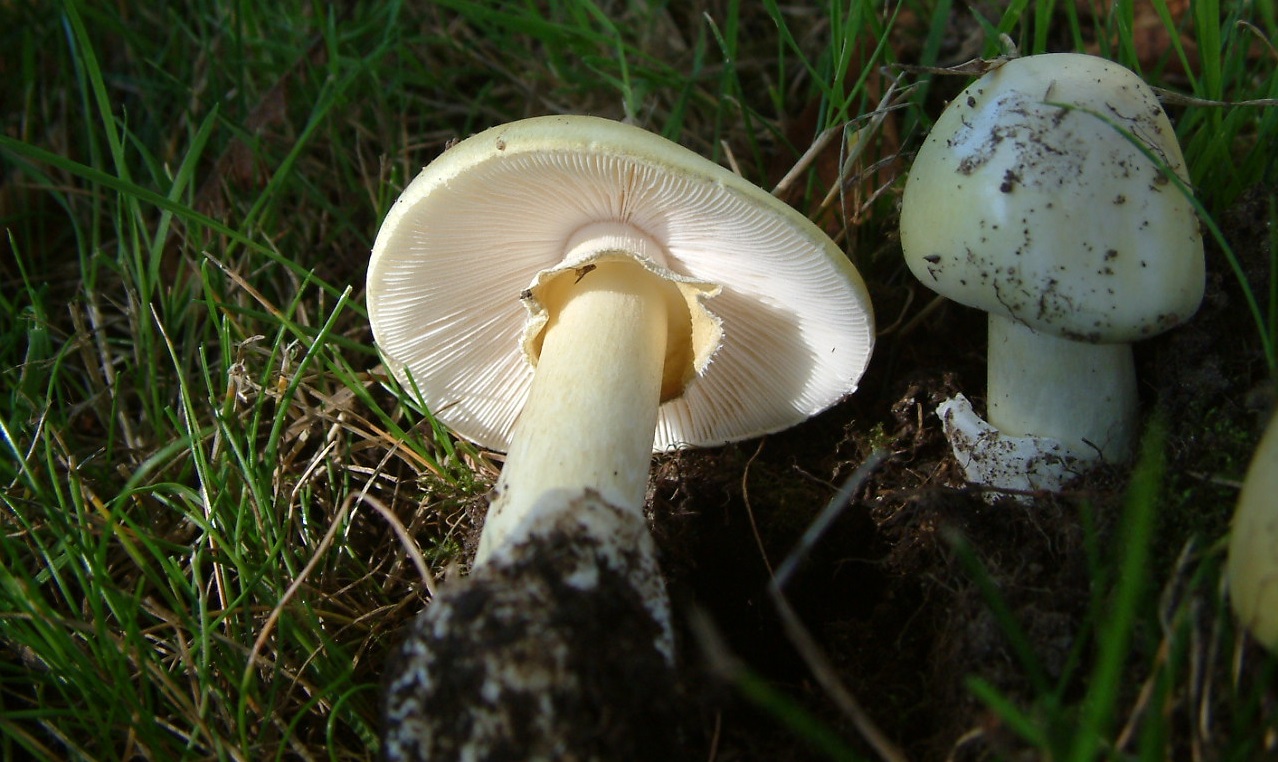The BC Centre for Disease Control is sounding the alarms after an increase in mushroom poisonings.
The agency says 2019 is shaping up to be a record year for that in the province. It’s urging you to be extremely cautious when foraging or eating wild mushrooms.
As of September 30th, BCCDC has gotten 201 mushroom poisoning calls. Last year there was 202 total, which was way up from 2017 which saw 161.
“Approximately two-thirds of mushroom related poisoning calls in 2019 involved children under the age of five,” said Raymond Li, a pharmacist with Poison Control. “It is important to be aware of dangers from consuming unidentified mushrooms, especially death cap mushrooms. We would like to remind mushroom hunters, parents and pet owners to be vigilant as they enjoy city, parks, forests and even their own backyard.”
Amanita phalloides, also known as the death cap mushroom, has been increasingly popping up in parts of B.C. including Victoria and South Vancouver Island, the Gulf Islands, Metro Vancouver and the Fraser Valley region.
The death cap is the most poisonous mushroom in the world. BCCDC says it is most often found in urban areas here rather than the natural forest.
There have been no reported human deaths from BC death cap mushrooms since 2016 when a child passed away, however, two dogs have died due to possible death cap poisoning this year.
“With increased appearances of death cap mushrooms across BC comes increased risk of exposures,” said Paul Kroeger, co-founder, Vancouver Mycological Society. “We urge recreational mushroom hunters to use caution and common sense when foraging wild fungi.”
BCCDC says there are many other varieties of wild mushrooms that are less toxic than death caps but can also cause severe illness.
The agency has shared some tips to stay safe while mushroom hunting:
-If you are unsure, don’t eat it!
-Only pick and eat mushrooms that are well known to be edible and easy to distinguish from poisonous varieties.
-If you suspect you’ve consumed a poisonous mushroom, call the Drug and Poison -Information Centre 24-hour phone line at: 1-800-567-8911 and seek medical attention immediately.
-Only hunt for mushrooms in safe terrain and exercise extreme caution if in remote areas.
-Save one of each kind of mushroom so their identities can be confirmed should symptoms develop.




